Brain and Neurosurgery in Iran
Brain and neurosurgery in Iran are well-known in the region and beyond due to the high-quality standards, renowned neurosurgeons, and innovative treatments.
Neurology is a branch of medicine that deals with disorders of the nervous system. It diagnoses and treats all categories of conditions and diseases involving the central and peripheral nervous systems (and their subdivisions, the autonomic nervous system, and the somatic nervous system), including their coverings, blood vessels, and all effector tissue, such as muscle. Neurological practice relies heavily on neuroscience, which is the scientific study of the nervous system.
A neurologist is a physician specializing in neurology trained to investigate, diagnose, and treat neurological disorders. Neurologists may also be involved in clinical research, clinical trials, and basic or translational research. While neurology is a non-surgical specialty, its corresponding surgical specialty is neurosurgery.
There is significant overlap between the fields of neurology and psychiatry, with the boundary between the two disciplines and the conditions they treat being somewhat nebulous.
Why Neurosurgery in Iran?
We all can agree that Iran is at the top of the list when it comes to offering medical services, including neurosurgery. One of the world-known Iranian neurosurgeons is Prof. Madjid Samii, the founder of the International Neuroscience Institute (INI) in Hannover, Germany. Iran is a neurosurgery hub in the Middle East. The skills of Iranian surgeons and doctors are outstanding and the clinics and hospitals are equipped with the latest medical technology and are always up to date with different medical fields, without forgetting to mention the affordable prices of neurology disorder treatments in Iran compared to other countries that also provide high-quality medical services.
If you have decided to get your neurological treatment in Iran, all you need to do is to get in touch with us on Iran Medical Tours. Based in Tehran, we can organize everything you need for your medical travel to Iran in different cities. You will not have to worry about travel stress and planning because we have your back and we will make your stay as comfortable and stress-free as possible. In addition, our medical services are known to be among the best.
How Do You Recover from a Neurosurgery Procedure?
Recovering from neurosurgery can vary based on the patient and the procedure. Here are some general steps that patients may go through during the recovery process:
-
Some patients may need to stay in the hospital for a few days or weeks after their surgery, while others may be able to go home the same day. The kind of operation performed and the patient’s general condition will determine how long they must stay in the hospital.
-
After surgery, it is crucial for patients to rest and relax, so their bodies can recuperate.
-
Patients may be prescribed medications to help manage pain and other symptoms during recovery.
-
Depending on the type of surgery and the patient’s individual needs, physical therapy may be recommended to help patients regain strength and mobility.
-
It is important for patients to attend follow-up appointments with their neurosurgeon to monitor their progress.
Today advances in medical technology have greatly reduced the risks and improved the outcomes of neurosurgery, making it a safe and effective treatment option for many patients.
Neurology Treatments in Iran
-
Discectomy
-
Vitrectomy + Retinal Detachment
-
Micro -discectomies For Cervical and Lumbar Discs
-
VP Shunt
-
CSF Shunt Procedures
-
Brain Tumour Excision Skull Base
-
Brain Tumour Treatment
-
Brain Tumour Excision (Pituitary Tumour)
-
Discectomy- Surgery For Slipped Disc
-
Deep Brain Stimulation
-
Chronic Sub-dual Hematoma
-
Burr-Hole Aspiration For Abscess
-
Spinal Canal Stenosis
-
Spinal Disc Herniation
-
Brachial Plexus Injuries / Stereotactic Procedures
-
Scoliosis
-
Kyphoplasty
-
All Elective Craniotomies
-
Carpal Tunnel Syndrome ( CTS)
-
Meningioma Treatment in Iran
